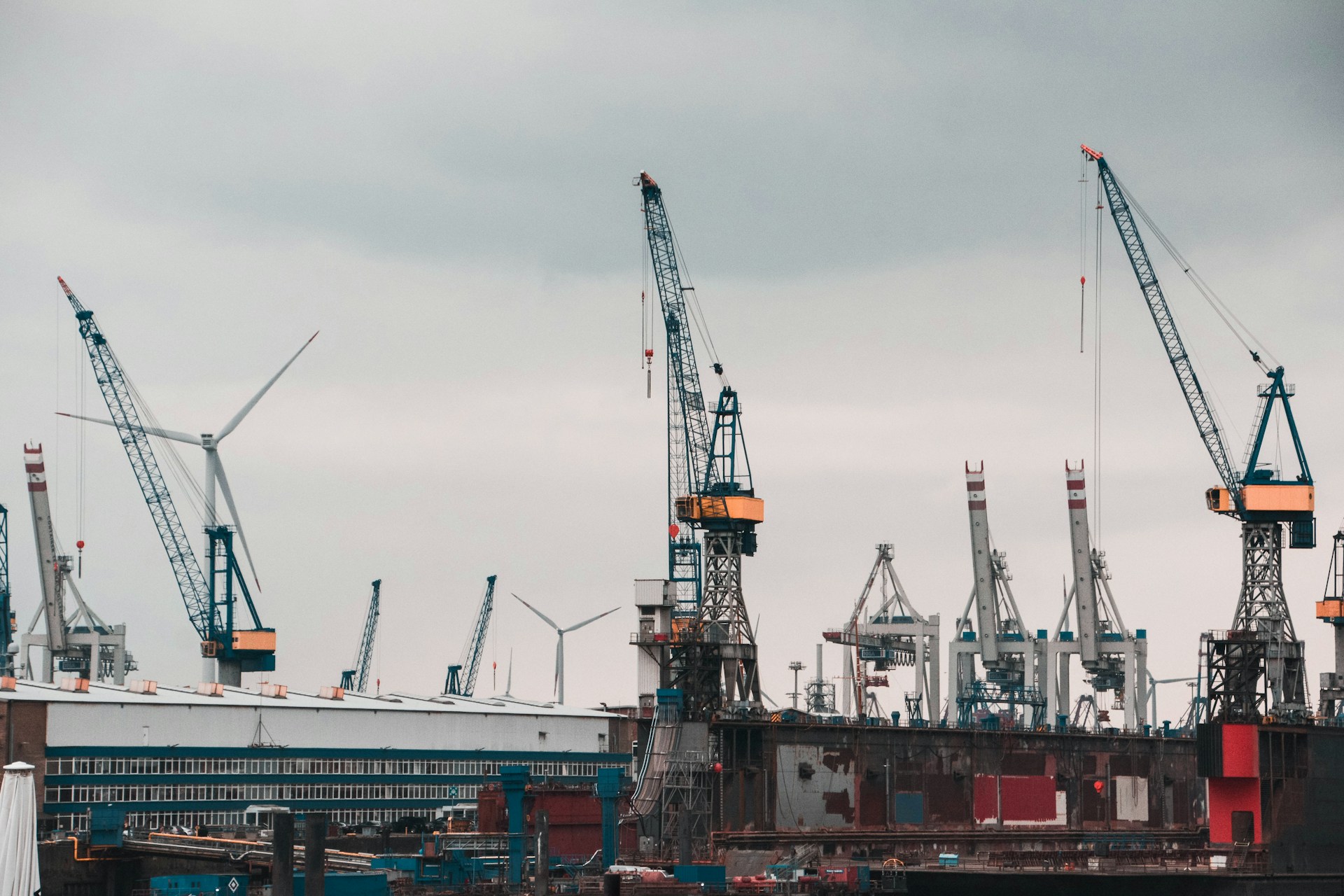Sustainable practices in marine construction are emerging as key strategies to address environmental challenges while meeting construction demands. As our awareness of environmental impacts grows, it’s essential for the marine construction industry to adopt methods that protect our planet and ensure long-term economic and social benefits. By integrating sustainable approaches, construction projects can help preserve marine ecosystems, reduce pollution, and create healthier communities for future generations.
In regions like Surrey, Mississauga, and across Ontario and BC, the importance of sustainability is becoming more apparent. These areas boast diverse marine environments that require thoughtful preservation. By understanding and implementing sustainable practices, marine construction companies can minimize their ecological footprint and offer innovative solutions that benefit both nature and people. This shift towards sustainability is not just a trend—it’s a necessary transition to protect our natural resources and uphold our responsibility to the environment.
Benefits of Sustainable Marine Construction
Embracing sustainable practices in marine construction offers a range of benefits for the environment, economy, and society. Here are some of the key advantages:
– Environmental Benefits: Sustainable marine construction aims to minimize harm to aquatic ecosystems. By using environmentally friendly materials and reducing the release of pollutants, these practices help protect marine life and maintain the delicate balance of coastal habitats.
– Economic Savings: Implementing sustainable methods often translates to cost savings in the long run. By using resources more efficiently and reducing waste, companies can lower their operational costs. Investments in renewable energy and sustainable technologies can also lead to financial savings over time.
– Social Impact: Sustainable construction promotes healthier communities by reducing pollution and conserving resources. Projects that prioritize sustainability create environments where communities can thrive, offering a better quality of life for residents living near coastal areas.
Through these sustainable benefits, marine construction projects not only contribute to a healthier planet but also support the well-being of local communities and economies. As awareness and adoption of these practices increase, the marine construction industry can play a transformative role in building a more sustainable future for all.
Key Sustainable Practices in Marine Construction
Adopting sustainable practices in marine construction involves some core methods that significantly impact the environment. Firstly, using eco-friendly materials like biodegradable and recycled options plays a crucial role in making construction projects less harmful. These materials help reduce waste and pollution, making the entire process more environmentally friendly. They also support the longevity and durability of marine structures, reducing the need for frequent repairs or replacements that could disrupt delicate aquatic environments.
Embracing innovative technologies is another key practice. Solar-powered equipment and electric machinery are setting new standards in reducing carbon footprints. By transitioning to greener technologies, marine construction not only lowers greenhouse gas emissions but also promotes cleaner air and water quality. Waste management further emphasizes sustainability. Effective recycling and strategies to minimize construction debris are fundamental. By implementing systems that prioritize waste reduction, projects can drastically cut down on landfill contributions and promote the reuse of materials.
Case Study: Sustainable Marine Construction in BC
A compelling example of successful sustainable marine construction can be found in a recent project on the coast of BC. This project incorporated several sustainable practices, resulting in a reduced environmental impact while meeting construction goals. Renewable materials were prominently used, and innovative technologies powered much of the heavy lifting. As a result, the project not only had a positive outcome for the environment but also demonstrated cost-efficiency by reducing waste and lowering energy consumption.
Key lessons from this project include the importance of planning and the role of adaptability. Successful implementation required thorough research and a commitment to adapting to sustainable practices. Local marine construction companies can take inspiration from this project by prioritizing eco-friendly materials and renewable energy sources in their future endeavors. Embracing these practices can help them replicate the success seen in BC and contribute positively to their local environments.
Join the Sustainable Movement in Marine Construction
As the marine construction industry evolves, embracing sustainable practices becomes increasingly vital. These practices not only address environmental concerns but also offer economic and social benefits. By adopting methods that safeguard natural resources, we contribute to a healthier planet and create a positive legacy for future generations. It’s clear that sustainability is not merely an option—it’s a necessary path forward for marine construction.
Companies and individuals alike play a key role in driving this sustainable movement. By choosing eco-friendly materials, incorporating newer technologies, and managing waste effectively, they ensure that marine construction projects align with broader environmental goals. The responsibility to promote and implement these practices extends to everyone involved in the industry. Together, we can achieve a more sustainable future, one project at a time.
To explore how these sustainable methods can benefit your projects, connect with companies for marine construction. At Industra Construction Corp., we are dedicated to delivering innovative, eco-friendly solutions that align with your objectives and contribute positively to our environment. Reach out to see how our expertise can make a difference in your next marine construction project.

















